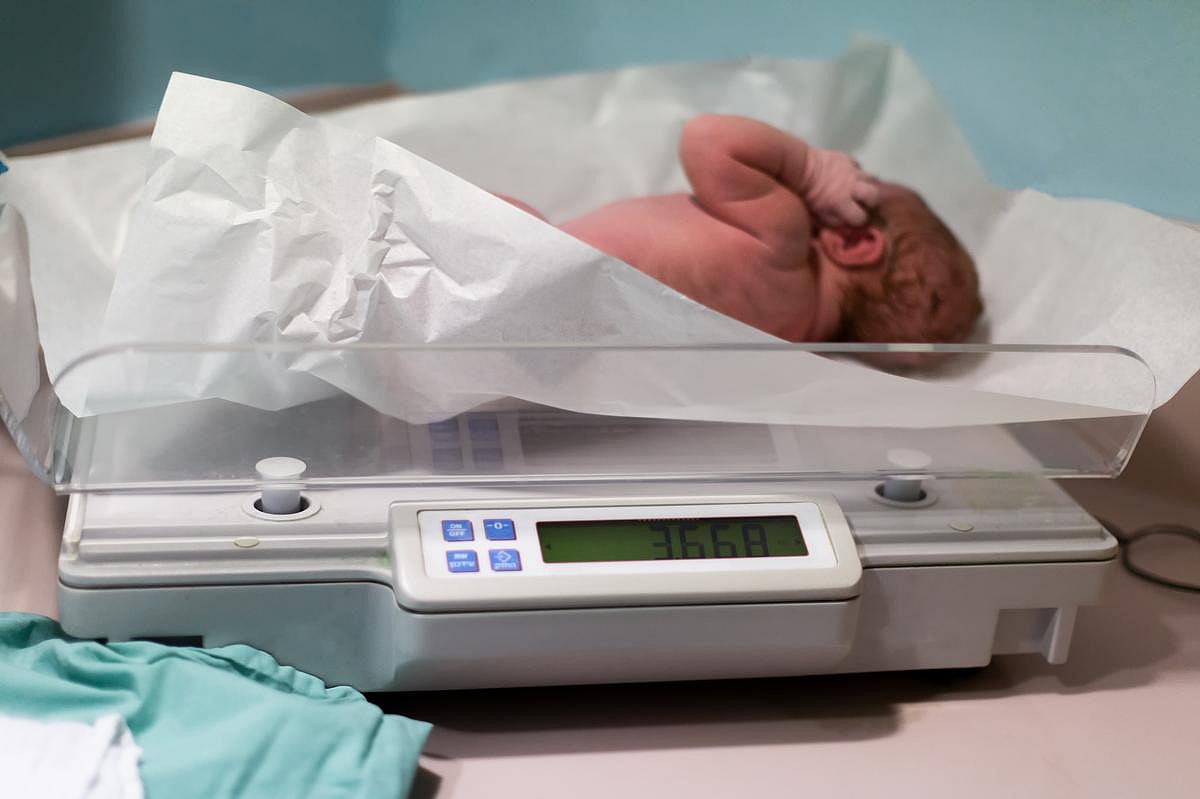Monday - Friday 9am to 6pm. Saturday 9am-2pm and Sunday 9am-1pm.
Prescriptions are available for in store pick up, curbside pick up and delivery.
Get Healthy!

- Posted October 14, 2025
What's Your ZIP Code? It Could Matter To Your Newborn's Health
An expecting mother’s ZIP code can influence the future health of their newborn child, new research has found.
Women with rural ZIP codes are less likely to get proper prenatal care, and their newborns more likely to have troubling health at birth, researchers reported Sunday at the American Society of Anesthesiologists’ annual meeting in San Antonio, Texas.
“Recent closures of medical centers in rural Georgia and other rural areas around the country have created health care deserts that may impact the care of mothers and their newborns,” lead researcher Dr. Bibiana Avella Molano, an anesthesiology resident at Augusta University in Georgia, said in a news release.
“Our research highlights how limited access to health care in underserved areas can affect newborn health and reinforces that both individual patient factors and geographic inequities need to be addressed through targeted interventions,” she said.
The findings come from a pair of studies researchers conducted to examine what might influence a newborn’s Apgar results.
The Apgar test is taken at 1 and 5 minutes after birth to assess a baby’s health and determine whether they need immediate medical care, researchers said in background notes.
The test involves a quick check of a newborn’s heart rate, breathing, muscle tone, reflexes and color, according to the American Academy of Pediatrics.
Running on a scale from 0 to 10, an Apgar score of 6 or lower is considered “non-reassuring” and signals that newborns might need to be monitored or receive extra care like supplemental oxygen, researchers said.
For the studies, researchers reviewed one-minute Apgar scores of infants delivered to nearly 3,000 women at Wellstar MCG Health Medical Center in Augusta, Ga., between November 2018 and October 2023.
The first study examined how babies’ outcomes differed based on mothers’ ZIP codes, and determined that women from rural areas had fewer prenatal care visits and were more likely to deliver their babies early.
About 24% of women from rural areas had infants with troubling Apgar scores, results showed, significantly higher than the 20% in urban areas.
Overall, rural women were 30% more likely to deliver infants with non-reassuring Apgar scores, compared to urban women.
The second study found that 214 of the women studied had no prenatal care at all before delivery, and were 2.6 times more likely to have infants with troubling Apgar scores.
Vaginal deliveries and births closer to full term tended to have better Apgar scores, researchers found.
Guidelines recommend that women visit a doctor when they are eight to 12 weeks pregnant, and then every four weeks until 28 weeks pregnant. At that point, they should have weekly doctor’s visits until delivery.
Unfortunately, such a schedule can be tough for rural women, who might have to drive long distances to get to a doctor, researchers noted.
“Where a mother lives shouldn’t determine whether her baby starts life healthy,” senior researcher Dr. Mary Arthur, anesthesiology residency program director at Augusta University, said in a news release. “Yet our research shows that rural mothers face real disadvantages, including limited prenatal care, which can increase the chance of complications at birth.”
Community outreach programs might help identify and support rural women facing such barriers to care, Avella Molano said.
“Prenatal care is one of the most powerful tools we have to improve newborn health,” she said. “These findings highlight the importance of making sure all mothers, especially those in underserved areas, can access consistent prenatal services.”
Findings presented at medical meetings should be considered preliminary until published in a peer-reviewed journal.
More information
The American Academy of Pediatrics has more on Apgar scores.
SOURCE: American Society of Anesthesiologists, news release, Oct. 11, 2025





